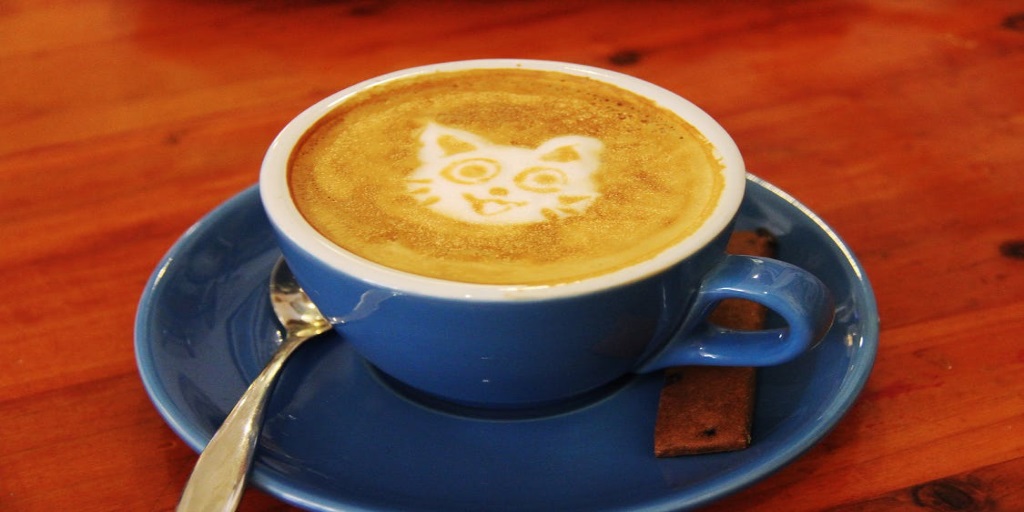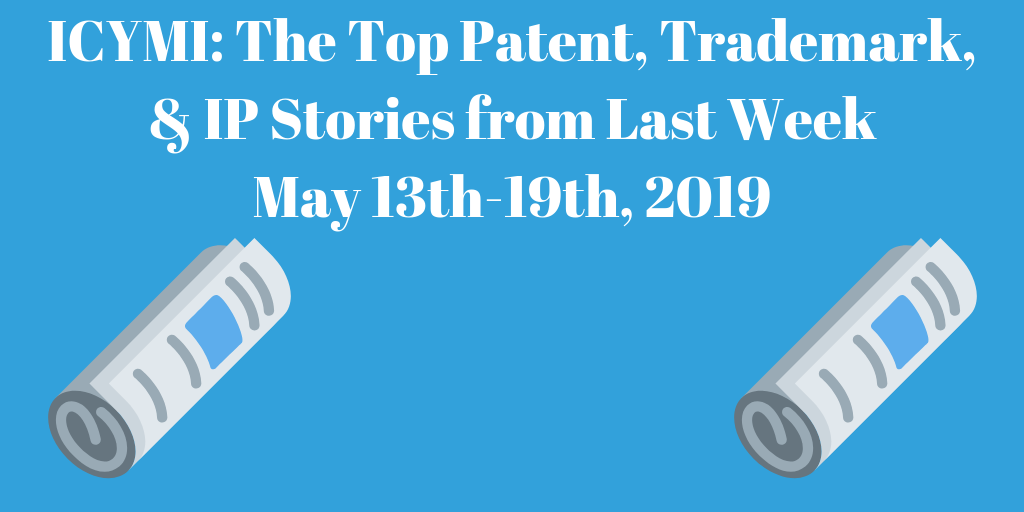“Grumpy Cat” Wins Copyright Infringement Lawsuit
If you spend much time on the internet, you are likely familiar with “Grumpy Cat.” She is the famous feline known for her memes and social media presence, and whose real name is Tardar Sauce. Last week, a California district court decided in favor of Grumpy Cat and her owner, Tabatha Bundesen, in an intellectual property infringement lawsuit against a beverage company with whom they collaborated with in a business deal.
Bundesen, through her company Grumpy Cat Limited, owns several trademark registrations for “GRUMPY CAT” for different products and services, including coffee, tea, clothing, and entertainment services. Further, Grumpy Cat Limited owns the copyright to the “Grumpy Cat” image and many related images.
In 2013, Grumpy Cat Limited entered into a licensing deal with Grenade Beverage to collaborate on a line of iced coffee drinks to be sold in supermarkets. In the agreement, Grenade Beverage was granted a limited license to the intellectual property owned by Grumpy Cat Limited.
That deal quickly fell apart, and Grumpy Cat Limited ultimately filed a lawsuit accusing Grenade of trademark infringement and dilution, copyright infringement, breach of contract, and cybersquatting. The lawsuit alleged that Grenade exceeded the scope of the permission that Grumpy Cat Limited had initially allowed them, with respect to the use of their intellectual property.
When you create a work that is protectable by copyright, the law gives you certain exclusive rights to that work. These rights include:
- the right to reproduce the copyrighted work;
- the right to prepare derivative works based upon the work;
- the right to distribute copies of the work to the public;
- the right to perform the copyrighted work publicly; and
- the right to display the copyrighted work publicly.
As the owner of a copyright, you are in charge of who may share in these exclusive rights, and you can exercise control over the extent of any license or use of the work by another party. You have the ability to prevent others from using your copyright in a way that would violate or infringe these rights. You also have the ability to permit others to share in some or all of these rights.
Here, Grumpy Cat and her owners were willing to grant a limited license for Grenade Beverage to use their copyright and trademarks in very specific ways, as spelled out in their agreement. The lawsuit alleges that Grenade had exceeded the scope of this license, and should be sanctioned accordingly. The jury agreed, and the court granted Grumpy Cat an award of $710,000 in damages for the copyright and trademark infringement resulting from Grenade Beverage’s misuse of the brand and the associated intellectual property.
This case shows the importance of carefully detailing the scope of intellectual property rights in agreements such as the licensing agreements at issue in that case. While Grenade Beverage was given a limited license to use the protected name and likeness owned by Grumpy Cat, their actual use ventured outside of what was agreed upon by the parties. When entering into agreements like the one at issue here, it is necessary to carefully spell out what rights are being granted with respect to the intellectual property that is involved.
It is crucial to decide how you want your protected material to be used and conveyed to others, and to what extent you are willing to let others use it. You must balance your desire to monetize and exploit your brand against protecting its reputation and goodwill.



